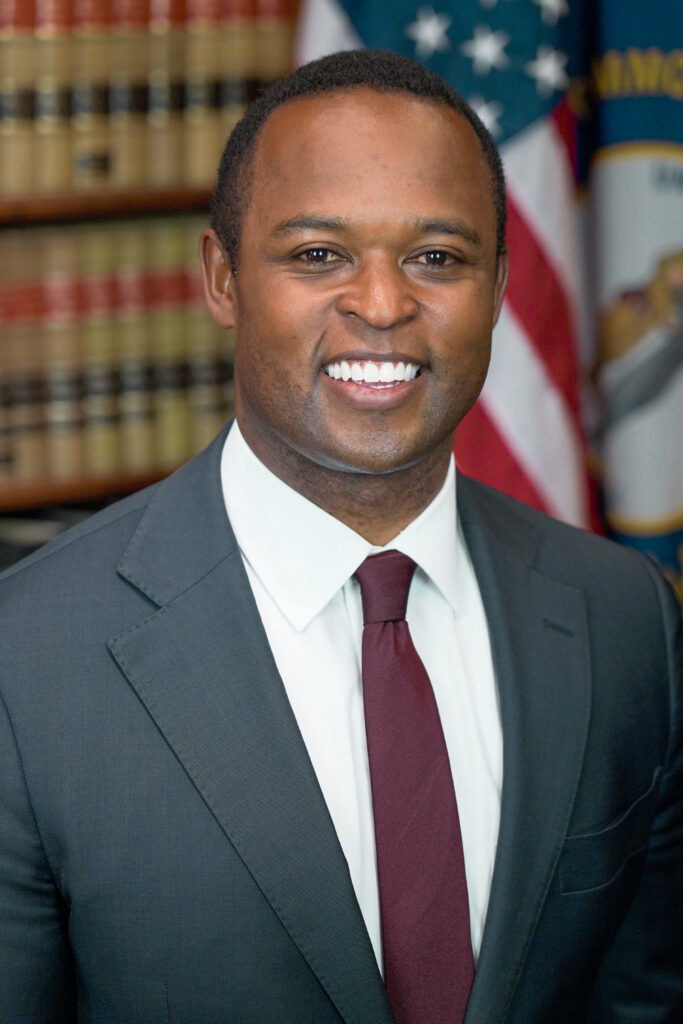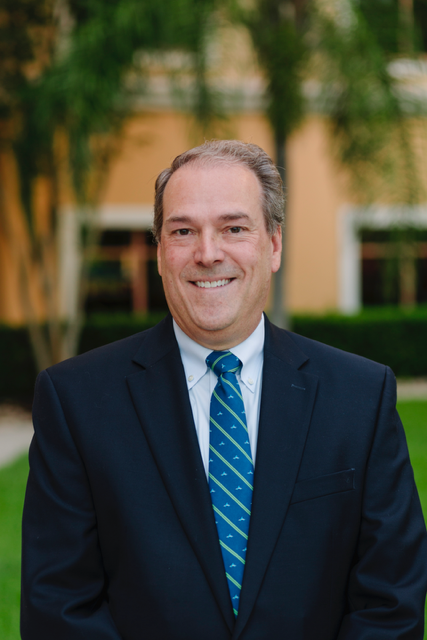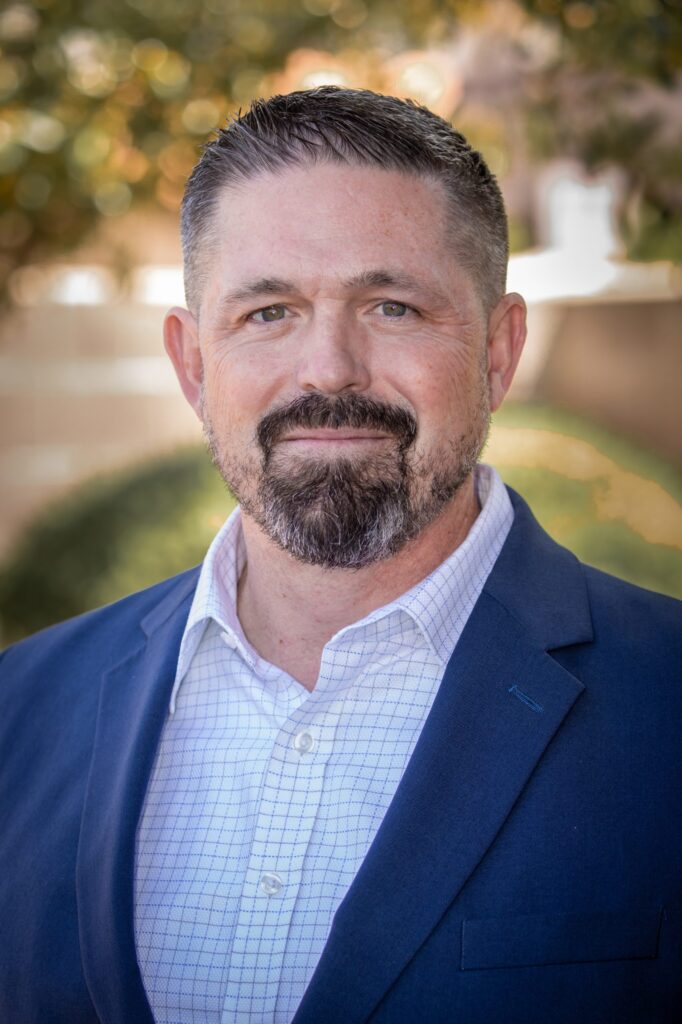1792 Exchange is a 501(c)(3), non-profit organization whose mission is to develop policy and resources to protect and equip non-profits, small businesses and philanthropy from “woke” corporations, to educate Congress and stakeholder organizations about the dangers of ESG (environmental, social, and governance) policies, and to help steer public companies in the United States back to neutral on ideological issues so they can best serve their shareholders and customers with excellence and integrity.
In 2021, a group of business leaders and families formed 1792 Exchange to preserve freedom of religion, speech, and enterprise. 1792 Exchange staff partner with leaders and organizations countering “woke capitalism” and with organizations vulnerable to corporations using their size and influence to stifle speech or deny services.
1792 Exchange is a 501(c)(3), non-profit organization whose mission is to develop policy and resources to protect and equip non-profits, small businesses and philanthropy from “woke” corporations to educate Congress and stakeholder organizations about the dangers of ESG (environmental, social, and governance) policies, and to help steer public companies in the United States back to neutral on ideological issues so they can best serve their shareholders and customers with excellence and integrity.
1792 Exchange convenes natural allies of First Amendment freedom so that all Americans can express themselves freely without corporate viewpoint discrimination. 1792 Exchange staff provide pro-bono research and resources to non-profits and small businesses to assist in navigating the operational and financial vulnerabilities of cancelation or denial of service due to viewpoint discrimination.
1792 works to ensure that private businesses and non-profits have stable financial and operational infrastructure and that public corporations cannot force them to engage in controversial political and cultural debates.
1792 also creates educational materials that citizens can share with Congress, state legislatures, state elected officials and stakeholder organizations about corporate activism, including how certain types of corporate activism might violate fiduciary duty to shareholders and the rights of Americans.
“Woke” corporations are those that enforce a “soft totalitarianism” permeating the United States by threatening First Amendment freedoms of employees, other corporations, non-profits, small business owners, and individuals. Such corporations often work in concert with big government and progressive organizations. Politicized corporations use their power, brand and capital to advance and enforce divisive ideological agendas and cancel, deny service to or divest from those who don’t support progressive agenda ideas.
Over the past two decades, public corporations have become the secular Left’s weapon of choice in driving rapid cultural change. They convinced and/or forced many public corporations to abandon their legal purpose of maximizing shareholder value in order to embrace “stakeholders” as co-equals. Stakeholders can be redefined by activists to fit any situation. “Stakeholder capitalism” is another description of the same model whereby corporations advance ideological agendas through programs and investment schemes, often under the “ESG” umbrella.
Environmental, social, and governance (ESG) criteria are a set of ambiguous standards and ratings used as an investment or operating framework to pressure companies to comply with progressive objectives and force disclosure of business practices and data. Proponents claim it is about managing risk and opportunity.
ESG attempts to manipulate capital markets and companies to change their business practices so that progressive views on the environment, social issues, and governance take precedence over shareholder return. Most of these practices are not required by U.S. law because either the consensus for legislative change does not exist or the Constitution constrains the government from regulating these matters. Despite the law, every federal agency is currently promoting the ESG agenda.
Environmental criteria often consider whether a company is making unilateral changes to its operations to mitigate ecological externalities, work for “carbon neutral” or “net-zero carbon emissions,” and decrease carbon products or byproducts. ESG investment strategies often force companies to reduce or eliminate fossil fuel usage and change their structure in favor of “green” products and policies. These constraints have increased energy costs and inflation and reduced reliability. ESG’s net-zero and carbon neutral goals are based on significant, long-term assumptions, including how human behavior impacts climate, laws will change, consumer behavior will change, and certain technology will be invented.
Social criteria examine a company’s policies towards its employees, suppliers, and communities. Generally, it requires companies to hire and do business using progressive views of race, gender and sexuality as considerations of hiring and programs. It also can create reporting requirements for companies to disclose the race, gender, and sexual orientation makeup of their boards and employees and require them to work toward quotas to receive lower cost capital and other favors.
Governance deals with a company’s leadership, executive pay, audits, internal controls, and shareholder rights, and increasingly is being used to promote the interest in non-invested stakeholders over shareholders. Often it is used to link executive pay to environmental and social goals instead of stock performance and profits.
Some corporations wield this form of soft totalitarianism to advance a progressive agenda, to signal their support of that agenda, or both. Corporations are increasingly threatening the First Amendment freedoms and stability of employees, other corporations, non-profits, small business owners, and individual citizens.
In recent months, many people of faith and conservative views have experienced unjustified cancellation, punishment, loss of income, and public shaming at an accelerating rate. “Woke” corporate practices include firing employees, canceling customers or suppliers, withholding, or denying financial or other services, and dictating contractual terms for ideological purposes simply because of differing viewpoints on controversial issues, including “gender ideology” or “critical race theory.”
When public corporations are politicized, it undermines our democratic process, divides employees, alienates customers, violates fiduciary duty, and limits shareholder returns. Because roughly three quarters of all assets in US stock markets are tied directly or indirectly to retirement, woke capitalism jeopardizes Americans’ retirement security.
Woke capitalism can affect your job, your employer, your savings, your retirement security, your place of worship, your favorite non-profit, your family, and the US economy.
Our organization’s name pays tribute to the founding of the first American stock exchange in 1792, established by the Buttonwood Agreement. The purpose of the Buttonwood Agreement was to reestablish trust and free exchange in a volatile marketplace. Signers included individuals of various faiths and political veins, even those who served on opposite sides of the Revolutionary War.
Signers of the Buttonwood Agreement chose to ignore political differences in favor of broader prosperity. In much the same way, the 1792 Exchange works to help companies restore trust with their shareholders and their stakeholders by moving back toward neutrality. At the same time, we fight to protect faith-based and conservative institutions and philanthropy and to preserve First Amendment guarantees of free exercise of religion and freedom of speech.
Leadership

Daniel Cameron is the CEO of 1792 Exchange, working to protect free exercise, free speech, and free enterprise and help American corporations return to the winning formula of producing great products and services, not pushing agendas.
Daniel previously served as the 51st Attorney General of Kentucky from 2019 to 2023. He was the first black American elected to a standalone statewide office in Kentucky’s history. Daniel then went on to win the Republican nomination for governor of Kentucky.
He grew up in Elizabethtown, Kentucky and attended the University of Louisville, where he played football for the Cardinals. After graduating from Brandeis School of Law, he clerked for a federal judge. Daniel later served as legal counsel to United States Senator Mitch McConnell.
Daniel and his wife are blessed with two sons: Theodore and Bennett. They reside in Kentucky, a place they proudly call home.

Doug Napier is the Executive Chairman of 1792 Exchange, a non-profit organization focused on influencing corporate behavior to protect freedom of speech, freedom of religion, and free enterprise. He has over 30 years of professional life engaged in law, business, real estate development, executive leadership, training, international relations, public policy, issue advocacy, healthcare, hospitality, media engagement, and coalition building.
Doug has been a partner in a private law firm, a senior executive and senior legal counsel for an international non-profit organization, and served as president of an Arizona residential real estate company.
He has been an invited speaker at many national and international conferences and events and has appeared on major network television stations, radio outlets, and online print media including FOX News, NBC, CNN, NPR, Al Jazeera, EWTN, Wall Street Journal, Washington Times, National Review, Townhall, The Atlantic, Mike Gallagher, Hugh Hewitt Show and others.
Doug earned a Juris Doctorate, with distinction, University of Iowa; a Master of Biblical Studies, Dallas Theological Seminary; and a Bachelor of Business Administration, Finance, University of Iowa. Doug and his wife have two adult children. They reside in Scottsdale, Arizona.

Greg Scott is Executive Vice President at 1792 Exchange. Greg has been a national leader in legal and policy advocacy for nearly 25 years. Greg served 10 years on active duty in the U.S. Marine Corps, most recently as a public affairs officer and base spokesperson at Marine Corps Air Station Miramar in San Diego. Greg spent 15 years at Alliance Defending Freedom, ultimately as senior vice president of communications. He was director of media and public relations for The Heritage Foundation and public affairs chief at the U.S. Customs and Border Protection. Greg has led successful communications campaigns that have helped change the trajectory of storytelling about our fundamental freedoms protected under the First Amendment and federal and state laws, leveraging this experience to train hundreds of leaders in law, policy, and culture across the country and abroad to effectively and creatively communicate the case for liberty. Greg has been published in Variety, The Washington Times, Journalism & Mass Communication Quarterly, and The Daily Signal, among other publications. He has been quoted by the Associated Press, The New York Times, Los Angeles Times, Washington Post, Foxnews.com, Politico, National Review, and other national and local media outlets. Born in Southern California and raised on Long Island in New York, Greg now resides in Northern Virginia with his family.